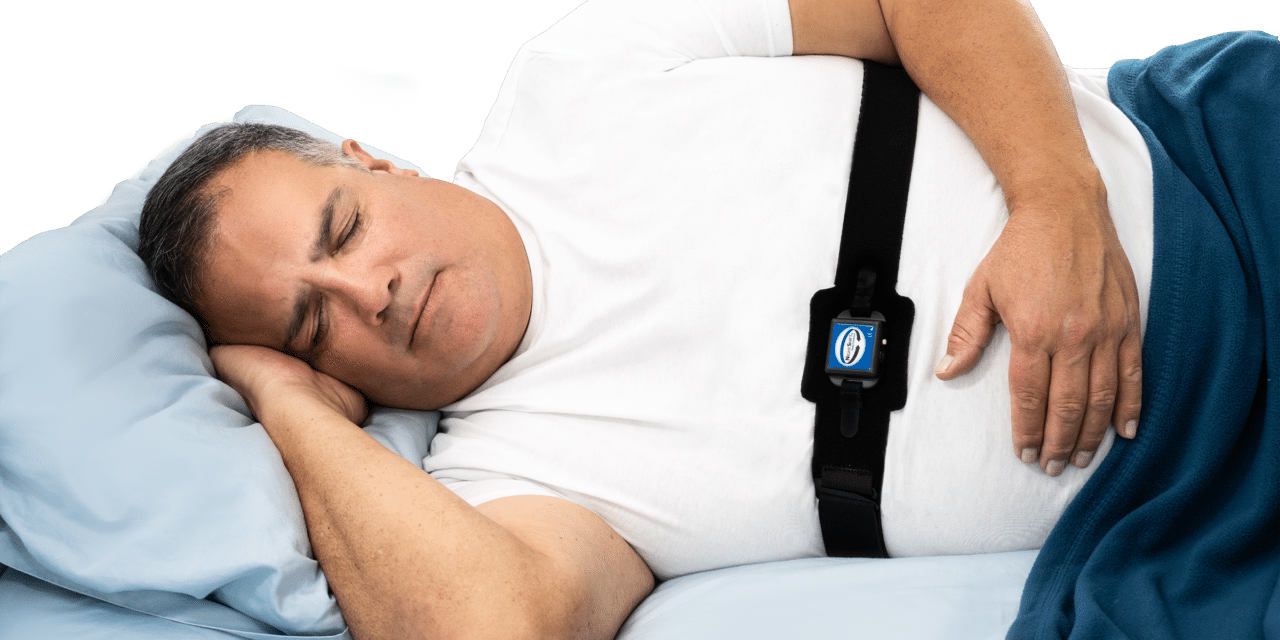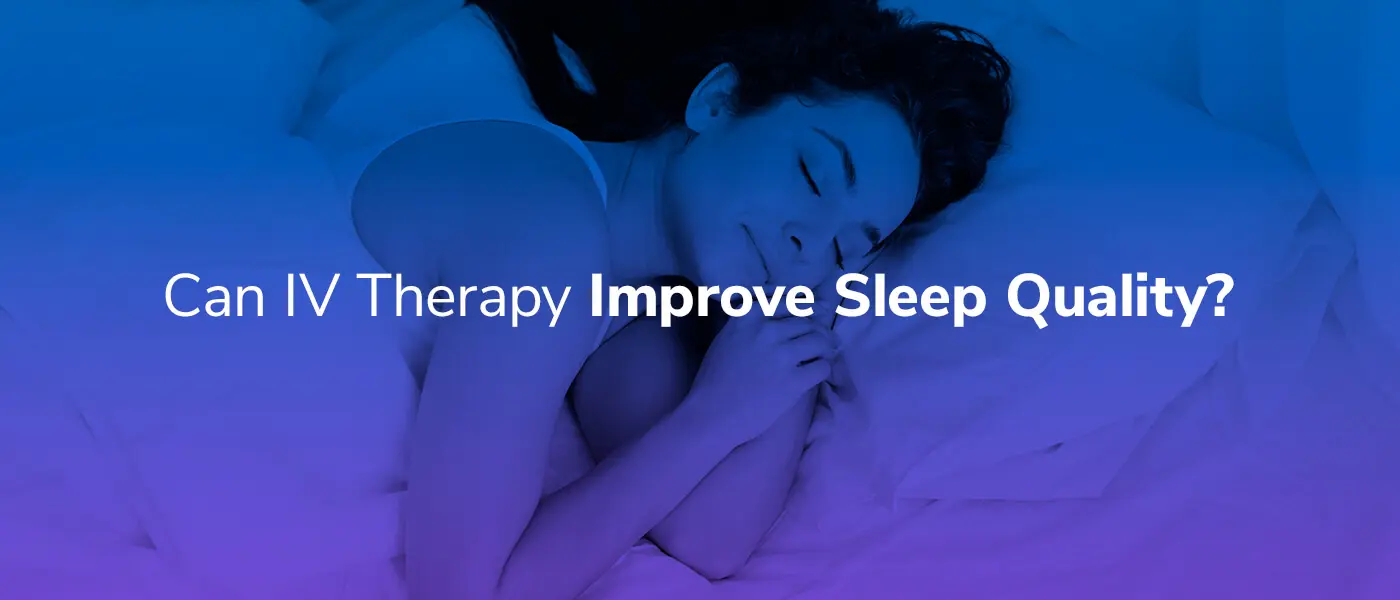Experienced Insomnia Specialist - Personalized Care for Better Sleep
Experienced Insomnia Specialist - Personalized Care for Better Sleep
Blog Article
Efficient Therapy Solutions for Managing Sleep Disorders and Enhancing Relaxing Sleep
In the world of medical care, the monitoring of rest problems and the quest for relaxing rest are crucial elements of total wellness. As we navigate the complex landscape of sleep problems and look for to enhance our rest experience, a much deeper understanding of these treatment services may hold the trick to unlocking a more relaxing and fulfilling corrective journey.
Cognitive Behavioral Treatment for Sleep Problems (CBT-I)
Cognitive Behavior Therapy for Sleeping Disorders (CBT-I) is an organized, evidence-based therapy method that concentrates on attending to the hidden aspects contributing to sleep disruptions. This type of treatment intends to customize habits and ideas that intensify insomnia, eventually advertising healthy sleep patterns. CBT-I usually involves a number of essential parts, including cognitive therapy, rest limitation, stimulus control, and sleep hygiene education and learning.
Cognitive treatment assists people determine and transform negative idea patterns and beliefs regarding sleep that may be preventing their ability to fall or remain asleep. Sleep limitation includes limiting the amount of time spent in bed to match the person's real sleep duration, consequently enhancing rest efficiency (insomnia solutions). Stimulation control strategies assist develop a solid association in between the bed and sleep by motivating individuals to visit bed only when drowsy and to prevent taking part in boosting tasks in bed
Furthermore, sleep health education concentrates on developing healthy rest habits, such as preserving a consistent rest timetable, producing a relaxing bedtime regimen, and enhancing the sleep setting. By addressing these variables thoroughly, CBT-I offers a reliable non-pharmacological treatment for taking care of sleeplessness and improving overall rest top quality.
Sleep Health Practices
Having established the structure of cognitive restructuring and behavioral adjustments in dealing with sleep problems with Cognitive Behavior modification for Sleeplessness (CBT-I), the emphasis now moves in the direction of discovering vital Rest Health Practices for keeping optimum sleep top quality and overall wellness.
Sleep hygiene practices include a variety of routines and environmental elements that can substantially affect one's ability to sleep and remain asleep throughout the night. Consistent sleep and wake times, creating a relaxing bedtime regimen, and enhancing the rest environment by keeping it dark, silent, and cool are crucial elements of great sleep health. Limiting direct exposure to screens prior to going to bed, staying clear of energizers like caffeine near to bedtime, and involving in routine physical task throughout the day can also advertise much better sleep high quality.
Furthermore, practicing leisure techniques such as deep breathing workouts or meditation prior to bed can aid relax the mind and prepare the body for sleep. By incorporating these sleep health methods into one's daily routine, people can develop a healthy rest pattern that sustains relaxing rest and overall well-being.
Leisure Techniques and Mindfulness
Applying leisure techniques and mindfulness practices can play a crucial function in promoting a sense of calmness and advertising high quality rest. natural insomnia remedies. These methods intend to peaceful the mind, lower stress and anxiety, and develop an optimum setting for restful sleep. One extensively practiced technique is deep breathing workouts, where people focus on slow-moving, deep breaths to kick back the mind and body. Dynamic muscle mass leisure entails tensing and after that releasing each muscular tissue team, promoting physical relaxation. In addition, assisted imagery can aid deliver people to a tranquil area in their minds, aiding in tension reduction and enhancing rest quality.
Mindfulness methods, such as meditation and yoga, are likewise reliable in promoting leisure and improving rest. Mindfulness motivates people to stay present in the minute, letting go of stress over the past or future. By integrating these practices right into a bedtime routine, individuals can signal to their bodies that it is time to prepare and relax for sleep. Overall, integrating relaxation techniques and mindfulness techniques can substantially add to managing sleep conditions and boosting general rest quality.

Medicine Options for Rest Disorders
After exploring relaxation techniques and mindfulness practices as non-pharmacological treatments for enhancing rest high quality, it is crucial to think about medication options for people with sleep disorders. In situations where way of life modifications and therapy do not supply adequate alleviation, medicine can be an important device in managing rest disturbances.
Typically prescribed medicines for rest problems consist of benzodiazepines, non-benzodiazepine hypnotics, antidepressants, and melatonin receptor agonists. Antidepressants, such as trazodone, can be helpful for people with co-occurring clinical depression and sleep disturbances - natural insomnia remedies.
It is vital for individuals to seek advice from a doctor to identify one of the most suitable drug choice click here to find out more based upon their specific sleep disorder and clinical history.
Light Treatment for Body Clock Policy
Light therapy, additionally referred to as photo-therapy, is a non-invasive treatment technique used to regulate circadian rhythms and improve sleep-wake cycles. This treatment involves direct exposure to bright light that simulates natural sunshine, which assists to reset the body's body clock. By subjecting individuals to certain wavelengths of light, usually in the morning or evening depending upon the wanted result, anchor light therapy can successfully readjust the body clock to advertise wakefulness throughout the day and enhance relaxed rest at night.
Study has actually shown that light treatment can be especially valuable for individuals with circadian rhythm conditions, such as postponed sleep phase syndrome or jet lag. It can likewise be valuable for those experiencing seasonal depression (SAD), a kind of clinical depression that commonly occurs during the wintertime months when all-natural light exposure is lowered. Light therapy is typically well-tolerated and can be utilized in combination with other treatment approaches for sleep conditions to optimize outcomes and boost general rest top quality.
Conclusion
In conclusion, efficient therapy options for managing rest conditions and enhancing restful rest include Cognitive Behavioral Therapy for Sleep Problems (CBT-I), sleep hygiene practices, relaxation techniques and mindfulness, drug alternatives, and light treatment for circadian rhythm guideline. These techniques can aid people improve their sleep quality and general wellness. It is crucial to seek advice from a doctor to identify one of the most ideal method for resolving sleep problems.
As we browse the complex landscape of sleep disorders and seek to improve our rest experience, a deeper understanding of these therapy remedies might hold the trick to unlocking an extra refreshing and satisfying corrective trip.
Sleep limitation involves restricting the amount of time invested in bed to match the person's real sleep duration, thus boosting rest effectiveness. Constant rest and wake times, producing a relaxing going to bed regimen, and optimizing the rest setting by maintaining it dark, quiet, and cool are vital parts of great rest hygiene. Light therapy is usually well-tolerated and can be made use of in site here combination with various other treatment approaches for sleep conditions to optimize results and boost overall sleep high quality.

Report this page